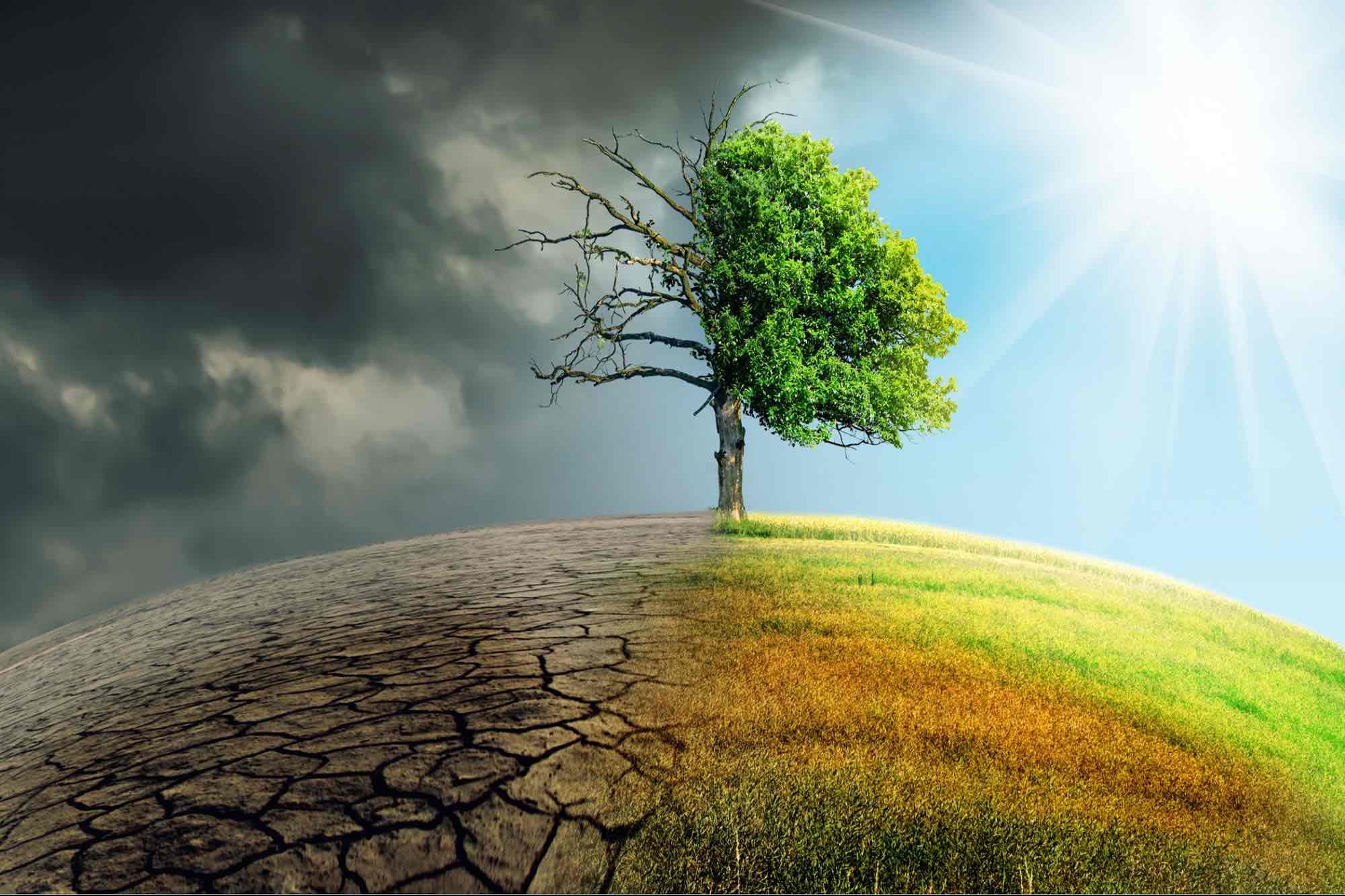Climate change is a multifaceted and evolving issue that has been subject to varying interpretations and predictions over the years. In 1978, Leonard Nimoy highlighted concerns about a potential impending ice age, reflecting the scientific understanding of that era. Similarly, figures like Al Gore have made predictions that, in hindsight, have not fully materialized. Despite an increasing global population and development in vulnerable areas like coastlines, the frequency of deaths from natural disasters has significantly declined over the past six decades.
This paradox invites scrutiny of the actions and rhetoric of influential figures, particularly when their personal behaviors-such as the use of private jets-seem to conflict with their stated concerns about climate change. These contradictions, along with the historical record of unfulfilled predictions, naturally foster skepticism.
Discussions about climate change must also grapple with the underlying economic motivations and power dynamics. Balancing the need for genuine environmental stewardship with concerns about financial interests and societal control is a challenging but necessary endeavor. A nuanced and evidence-based dialogue is essential to address these complexities responsibly and effectively.

